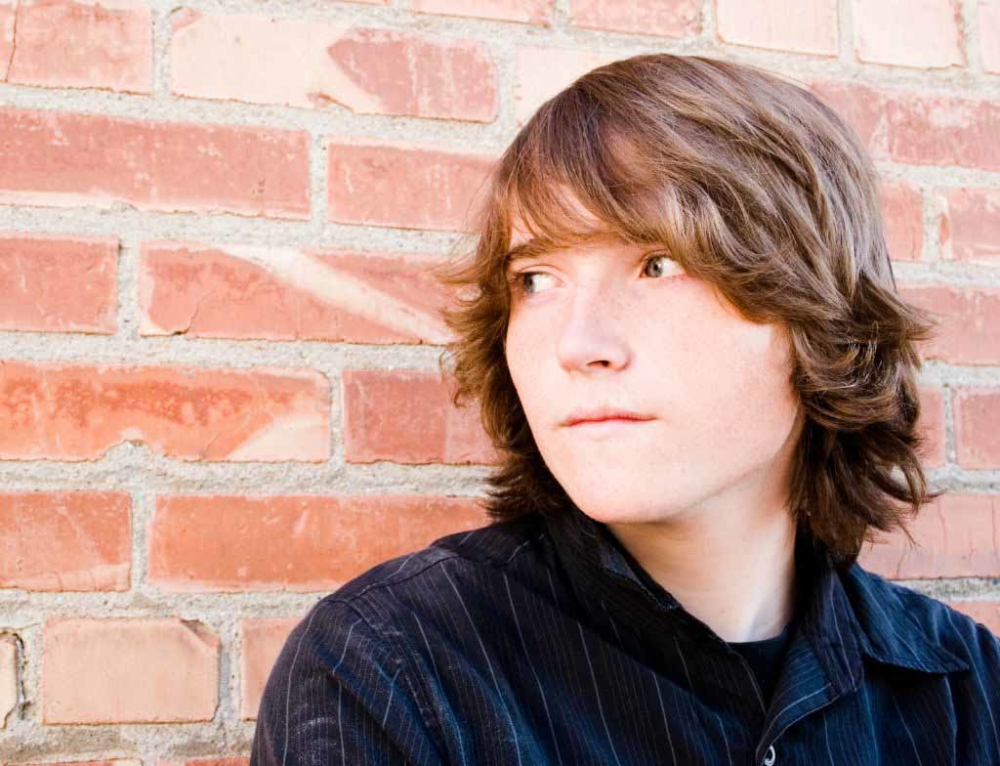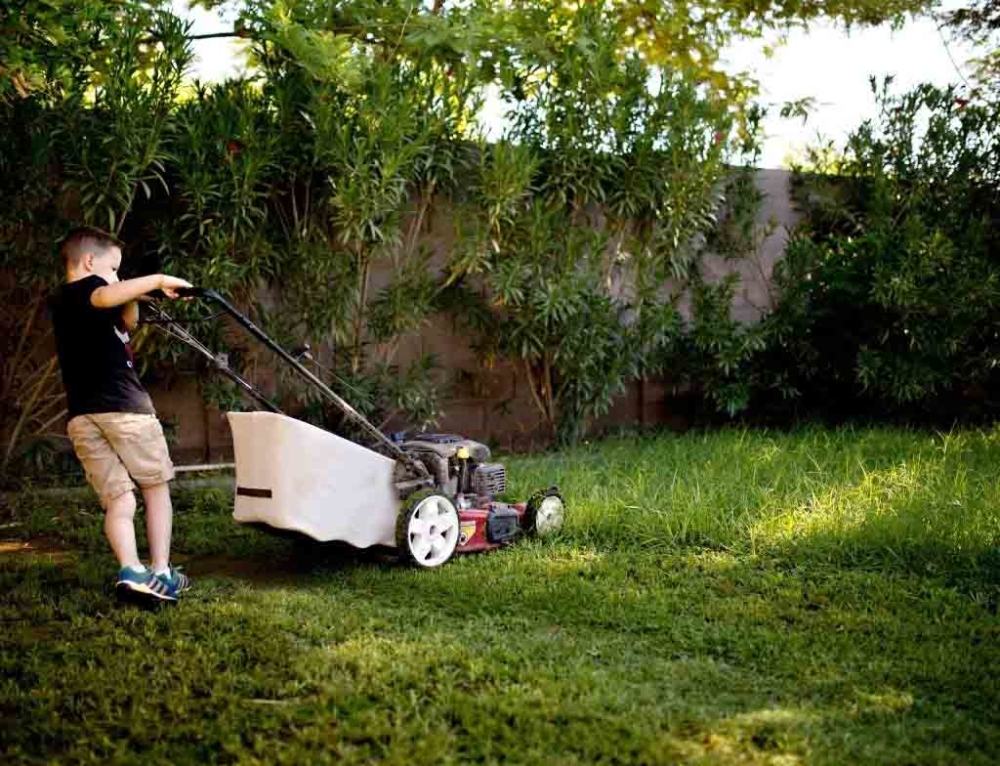More than ever before, our teens are subjected to strong influences, demands and stresses that can take their toll on vulnerable adolescents. When they are unable to cope, depression can find a way in. Dr Justin Coulson explains the danger signs to look for.
In its mildest form, depression is the most common psychological problem for teenagers. While it was uncommon a generation or two ago, we now see more diagnoses than ever, and some experts predict that depression will become the psychological ‘flu’ of the 21st century.
We usually describe depression as ‘feeling sad’, but without being aware of its other symptoms, it can be misdiagnosed.
How to know if your teen is depressed
“I hate me. I really hate me. I hate the way I look. I hate the way I feel. I hate how I do everything wrong. The world would be better off without me. My family would be better off without me. I shouldn’t even be alive.”
Depression has emotional symptoms (like a loss of enjoyment in activities that were once fun), but it also has cognitive symptoms (like pessimism and hopelessness). It has motivational symptoms (like feeling apathetic), and it also has physical symptoms (like eating and sleep disturbances).
According to the psychological model that has been used for the last two decades, adolescent depression requires a person to be:
- Extremely depressed
- A loss of interest and pleasure in most or all activities
- Significant weight loss or weight gain
- Insomnia, or sleeping too much
- Being physically agitated and constantly moving (although some people with depression don’t want to move at all.)
- Fatigue
- Feelings of worthlessness, or feeling guilty for anything and everything
- Being overly indecisive, having difficulty concentrating, or not wanting to think about anything
- Feeling like life would be better if they were dead.
- Most psychologists would give a diagnosis of depression to your teenager if they exhibited at least five of these nine symptoms at the same time, consistently, during a two-week period.
How common is depression in young people?
Depression is relatively uncommon in pre-adolescent children – studies indicate somewhere around 1-2 percent.
Adolescents appear to experience depression at similar rates to adults. Close to 20% of us will experience depression at some point in our lives, with around 5-6 percent of our teens (and us) having a clinically depressive episode in any given year. Our daughters are particularly vulnerable, with research indicating depression is twice as likely to affect females than males.
What causes depression?
Most research supports the model that states people have a biological or psychological predisposition to depression, which combines with stressful life events (environment) to leave us feeling depressed. The stressful life events will vary from person to person, but might include loss, being rejected, failing or being humiliated. While many of us experience these things regularly with no depressive outcomes, some people (and teens) develop inadequate or ineffective coping strategies. This can then spiral into negative thinking, and depression occurs.
What do I do if I think my teen is depressed?
Some people’s natural reaction might be to tell them to ‘pull themselves together’, but this is rarely an effective strategy. Instead, I suggest the following:
- Have a good heart to heart. If their symptoms match those listed above, suggest a visit to the GP for more advice. Then get a referral for a psychologist.
- If depression is diagnosed, research generally suggests the best treatment is a combined pharmacological (drugs) and cognitive-behavioural therapy (CBT) approach.
- Research tells us that even if our teenagers get good help, they’ll struggle to work through their symptoms if their parents are depressed. So make sure every parent is ok, too.
- Encourage your children to spend time with friends who help them feel good about themselves.
- Make sure their school environment is a positive one.
- Discourage alcohol and drug use – and be clear about it.
- Reduce stress in their environment.
- Encourage exercise, appropriate sleep and healthy eating.
- Help them be good at something. Developing competence builds confidence and feelings of worth.
- Lastly, if you spot your adolescent slipping into any negative thinking habits, talk to them about it. Build your relationship with them. Help them know how much you value them by spending time with them. Your relationship with them may be the thing that makes all the difference.
Mental health awareness
Mental illness affects one in five New Zealanders every year. To acknowledge and support those struggling with mental illness, Mental Health Awareness Week (MHAW) runs every year with a focus on actions which, when built into day to day lives, could improve the wellbeing of individuals, families, communities and organisations.
The five actions are (click on the actions for more information from MHAW):
Where to turn to for help
1737, Need to talk? – Free call or text 1737 to talk to a trained counsellor
Depression.org.nz – 0800 111 757 or text 4202
Lifeline – 0800 543 354
Suicide Crisis Helpline – 0508 828 865 (0508 TAUTOKO)
Kidsline – 0800 54 37 54 for people up to 18 years old. Open 24/7.
Youthline – 0800 376 633, free text 234, email talk@youthline.co.nz, or find online chat and other support options here.
Rural Support Trust – 0800 787 254
Samaritans – 0800 726 666
What’s Up – 0800 942 8787 (for 5–18 year olds). Phone counselling available Monday-Friday, noon–11pm and weekends, 3pm–11pm. Online chat is available 3pm–10pm daily.
thelowdown.co.nz – Web chat, email chat or free text 5626
Anxiety New Zealand – 0800 ANXIETY (0800 269 4389)
Supporting Families in Mental Illness – 0800 732 825.
It’s not OK (Are you OK?): 0800 456 450 : Open 9am-11pm 7 days a week : Community-driven behaviour change campaign to reduce family violence
If it is an emergency or someone is at risk, including yourself, call 111.
This article was written by Dr Justin Coulson for Kidspot Australia and adapted for Kidspot New Zealand.







Leave A Comment
You must be logged in to post a comment.